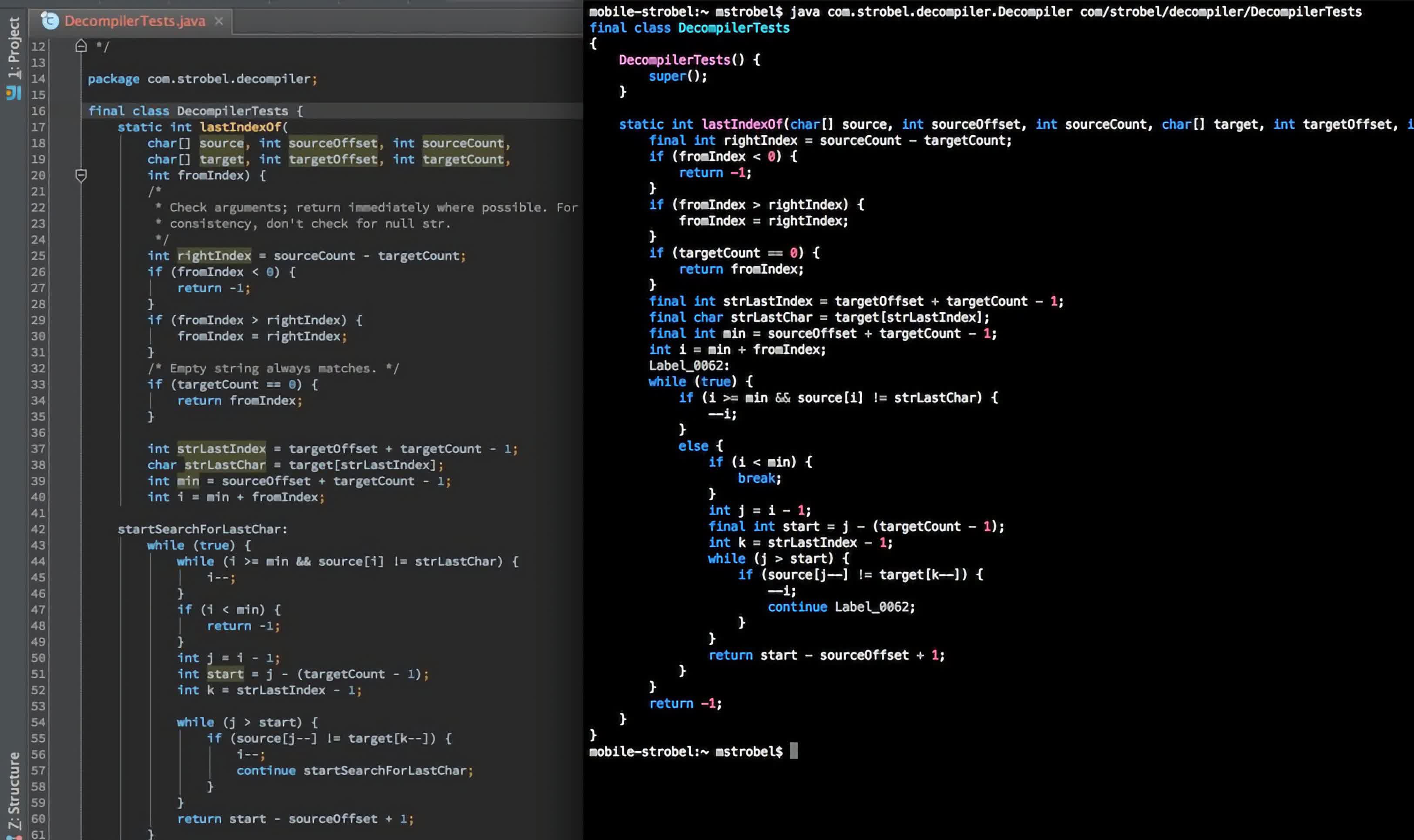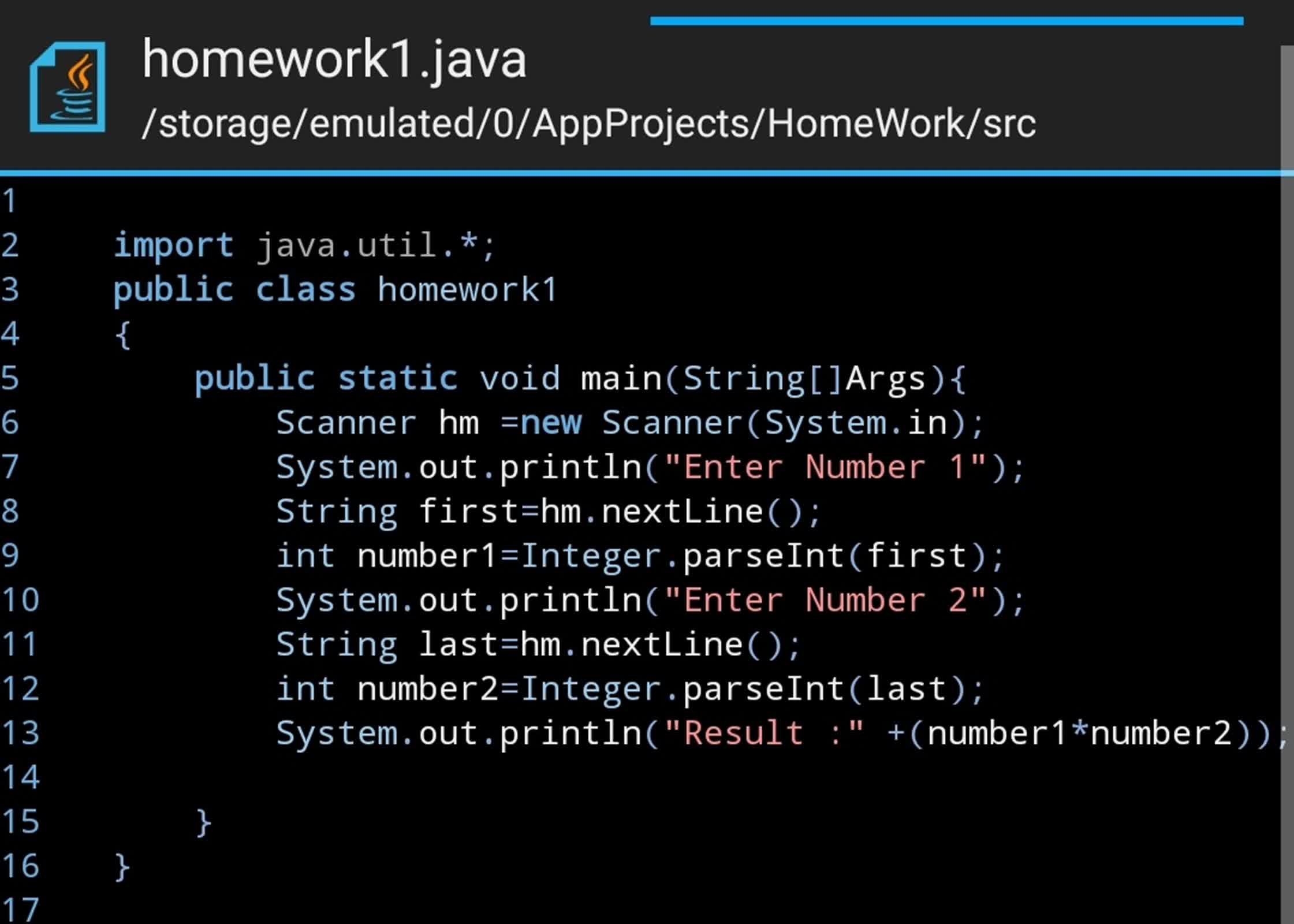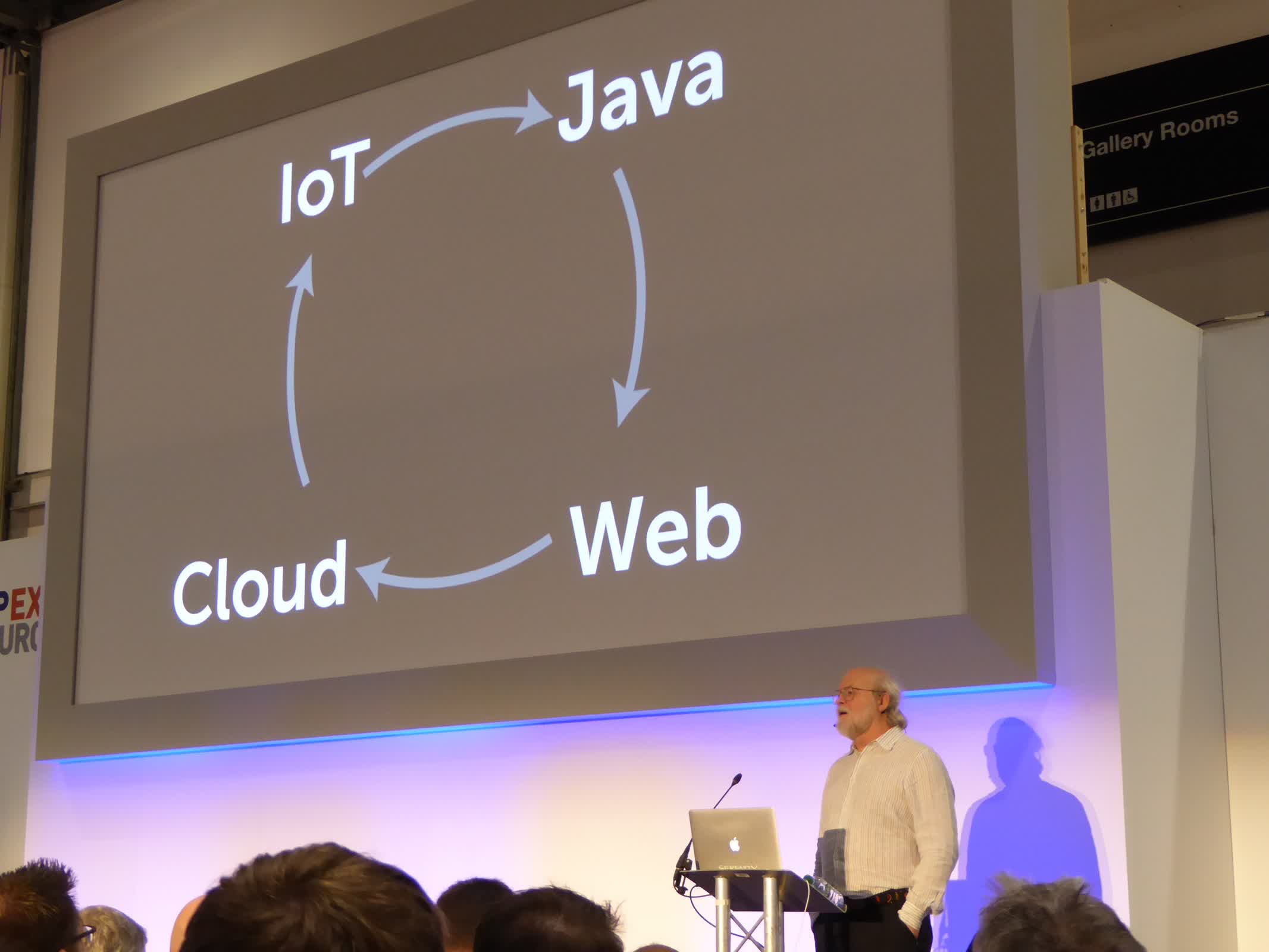The big picture: Java stands as one of the enduring pillars of the software world. The programming language was released by Sun Microsystems on May 23, 1995, and so far has weathered the shifting tides of technology, outlasting many of its rivals and adapting to new eras of computing.

Java's origins trace back to the early 1990s, when a team at Sun Microsystems led by James Gosling set out to develop a language for interactive television and embedded devices. Initially dubbed "Oak," the project aimed to simplify application development across a range of devices. Gosling famously described Java as "C++ without the guns and knives," a nod to its safer and more streamlined syntax.
Gosling, who remains closely associated with Java to this day, described the language as "C++ without guns and knives," a nod to its simpler, safer syntax compared to its predecessor.
As the World Wide Web began to take off, Java's focus shifted from consumer electronics to internet applications. The language's defining feature – platform independence – meant that code could be compiled into bytecode and executed on any device with a Java Virtual Machine (JVM).
This "write once, run anywhere" capability was groundbreaking, allowing software to run across different operating systems with minimal modification.
Java quickly gained traction with web applets and, soon after, enterprise applications. Its rapid rise prompted competitors to react. Microsoft introduced Visual J++, a Java-compatible language for Windows, but the product was discontinued after a legal dispute with Sun over non-compliance with Java's standards.

Many universities and colleges offer dedicated Java programming courses and certificates. It is often an introductory language in computer science curricula because of its object-oriented structure.
The late 1990s and early 2000s saw significant evolution in Java's capabilities. Features like JavaBeans, JDBC (Java Database Connectivity), and the Swing GUI library broadened its use. The language was eventually split into multiple editions – Standard (SE), Enterprise (EE), and Micro (ME) – tailored for desktop, server, and mobile development, respectively.
In 2006, Sun made a pivotal move by open-sourcing Java, releasing the OpenJDK under the GNU General Public License. This move helped cement Java's role in the open-source community and made it even more accessible to developers worldwide.
Java's stewardship changed in 2010 when Oracle acquired Sun Microsystems. While the core implementation of Java remained open source, Oracle introduced licensing changes in later years that led some organizations to explore alternatives such as OpenJDK builds from other vendors.
Java's influence on enterprise software has been profound. Its robust ecosystem, including frameworks like Spring Boot and Jakarta EE, has made it a go-to choice for organizations seeking reliability and scalability. The language's stability and backward compatibility have ensured that even as trends come and go, Java remains a constant in the back offices of countless businesses.

James Gosling remains closely associated with Java to this day.
According to industry experts, Java's longevity stems from its adaptability. Brian Fox, CTO of Sonatype, told The Register that Java has endured through changing paradigms, from early web applets to today's cloud-native applications. "Java has outlasted trends, rival languages, and shifting paradigms. It paved the way for open source to enter the enterprise. And, arguably, the enterprise never looked back."
While it may no longer be the flashiest programming language around, Java remains one of the most important. It powers enterprise systems, big data platforms, and cloud-native architectures alike. Despite the rise of languages like Python and JavaScript, Java consistently ranks among the most-used programming languages in industry surveys.
As Java enters its fourth decade, it shows no signs of fading away. Instead, it stands as a testament to the enduring value of reliability, adaptability, and a vibrant developer community – a language that, for many, is as essential today as it was in 1995.